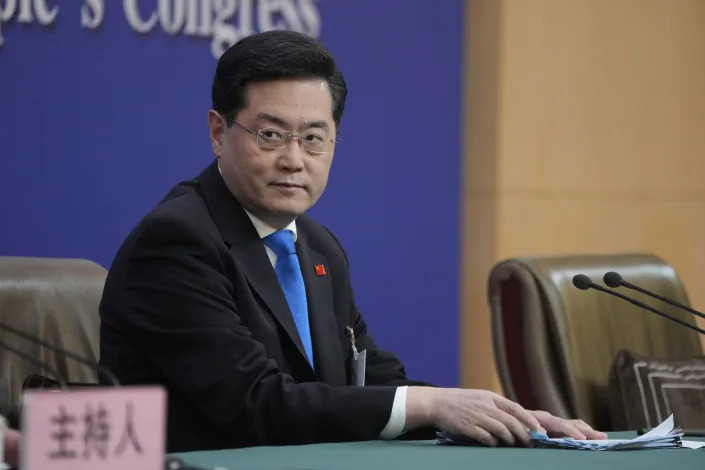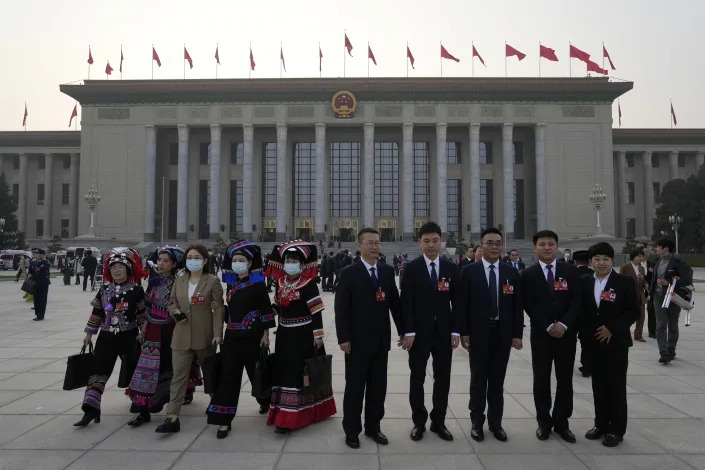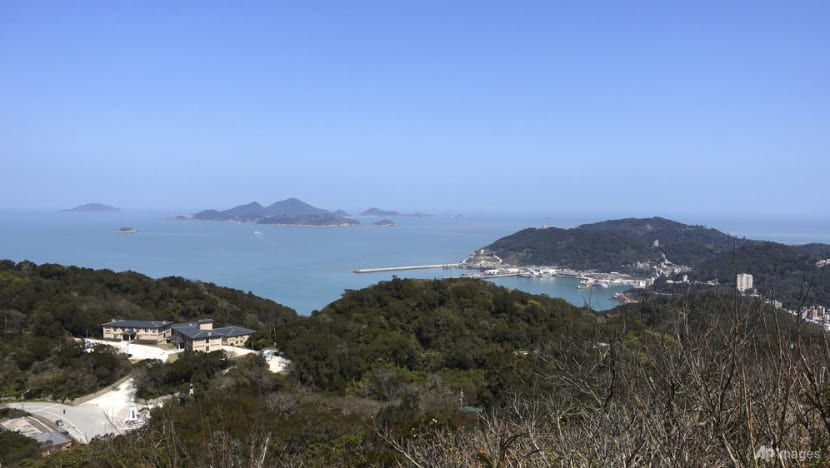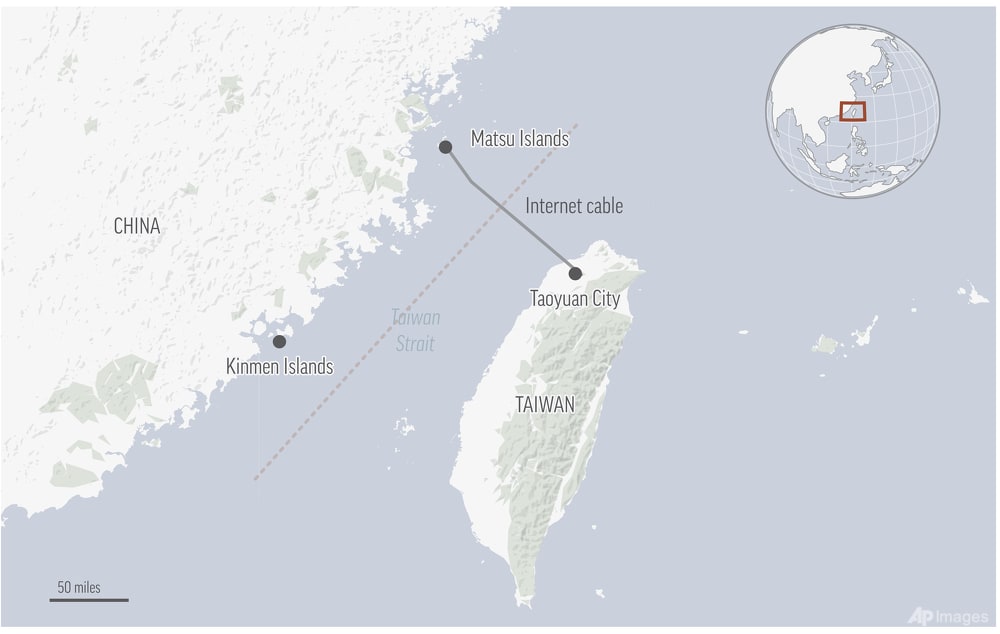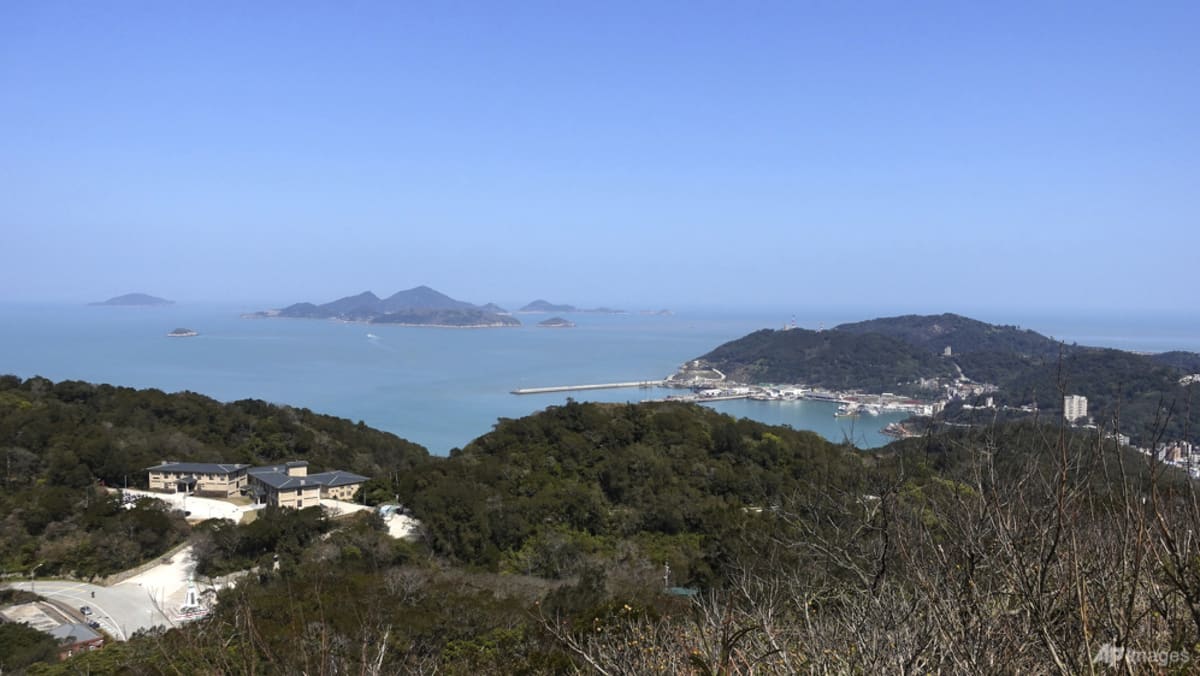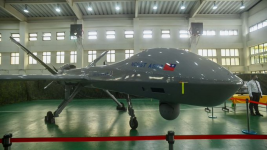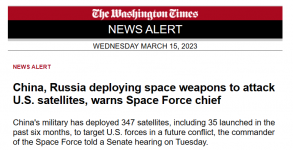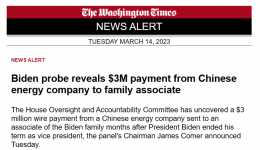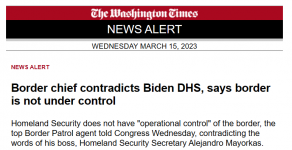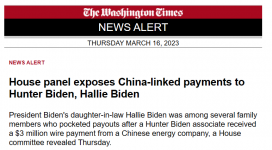jward
passin' thru
no warm fuzzies recieved from this bit o' news.
By Matthew Strong, Taiwan News, Staff Writer
2023/02/28 15:58
[IMG alt="The Ministry of National Defense is preparing amendments to mobilization laws.
"]https://tnimage.s3.hicloud.net.tw/photos/2023/02/28/1677570482-63fdb1b2b905a.jpg[/IMG]
The Ministry of National Defense is preparing amendments to mobilization laws. (CNA photo)
TAIPEI (Taiwan News) — The Ministry of National Defense said Tuesday (Feb. 28) that a proposed name list of all men and women from the age of 16 would only be used during times of emergency.
The drawing up of the list was reportedly one of the provisions set for a proposed reworking of the All-out Defense Mobilization Readiness Act, per CNA. According to a UDN report, the Ministry of Education (MOE) in February invited local education officials to discuss mobilization plans for all male and female students from the age of 16, even including them in rescue and ammunition production operations.
However, military officials said the name lists were already in existence, with the only change now being that they would be moved online into a cloud network for more practical consultation.
The Ministry of National Defense emphasized Tuesday that the act, introduced in 2001, had been amended twice, in 2014 and 2019, but that the emphasis was too much on preparations and not enough on practical issues once mobilization had been declared.
All sectors of society should be aware of how many people could be mobilized in an emergency situation, and how they could be used effectively to prevent a successful enemy invasion, the military said. During the preparation of the amendments, the military would consult public opinion and adapt its proposals before submitting them to the Cabinet.
The common aim of the amendments was to protect the nation’s security, the military said, calling on the media and the public to focus on rational discussions and not to distort the law’s intentions.
posted for fair use

 www.taiwannews.com.tw
www.taiwannews.com.tw
Taiwan defense ministry prepares practical changes to mobilization law
List of students from age of 16 only to be used in emergency
By Matthew Strong, Taiwan News, Staff Writer
2023/02/28 15:58
[IMG alt="The Ministry of National Defense is preparing amendments to mobilization laws.
"]https://tnimage.s3.hicloud.net.tw/photos/2023/02/28/1677570482-63fdb1b2b905a.jpg[/IMG]
The Ministry of National Defense is preparing amendments to mobilization laws. (CNA photo)
TAIPEI (Taiwan News) — The Ministry of National Defense said Tuesday (Feb. 28) that a proposed name list of all men and women from the age of 16 would only be used during times of emergency.
The drawing up of the list was reportedly one of the provisions set for a proposed reworking of the All-out Defense Mobilization Readiness Act, per CNA. According to a UDN report, the Ministry of Education (MOE) in February invited local education officials to discuss mobilization plans for all male and female students from the age of 16, even including them in rescue and ammunition production operations.
However, military officials said the name lists were already in existence, with the only change now being that they would be moved online into a cloud network for more practical consultation.
The Ministry of National Defense emphasized Tuesday that the act, introduced in 2001, had been amended twice, in 2014 and 2019, but that the emphasis was too much on preparations and not enough on practical issues once mobilization had been declared.
All sectors of society should be aware of how many people could be mobilized in an emergency situation, and how they could be used effectively to prevent a successful enemy invasion, the military said. During the preparation of the amendments, the military would consult public opinion and adapt its proposals before submitting them to the Cabinet.
The common aim of the amendments was to protect the nation’s security, the military said, calling on the media and the public to focus on rational discussions and not to distort the law’s intentions.
posted for fair use

Taiwan defense ministry prepares practical changes to mobilization law | Taiwan News | 2023-02-28 15:58:00
List of students from age of 16 only to be used in emergency | 2023-02-28 15:58:00



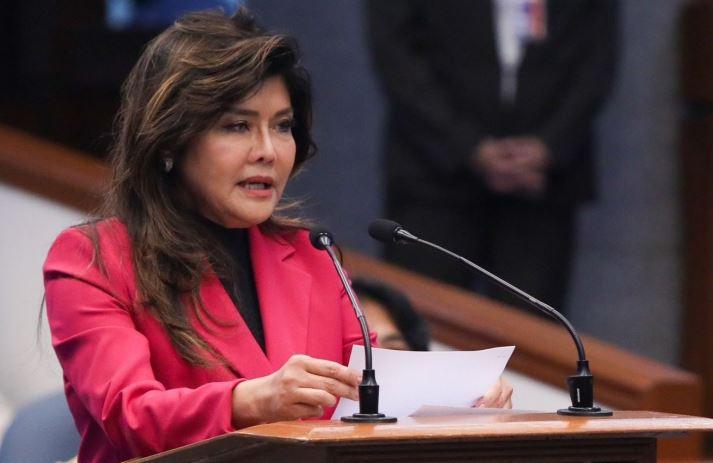

/cloudfront-us-east-2.images.arcpublishing.com/reuters/ZOFTTWTUVVNUDLEBMZDBLZTNDI.jpg)
